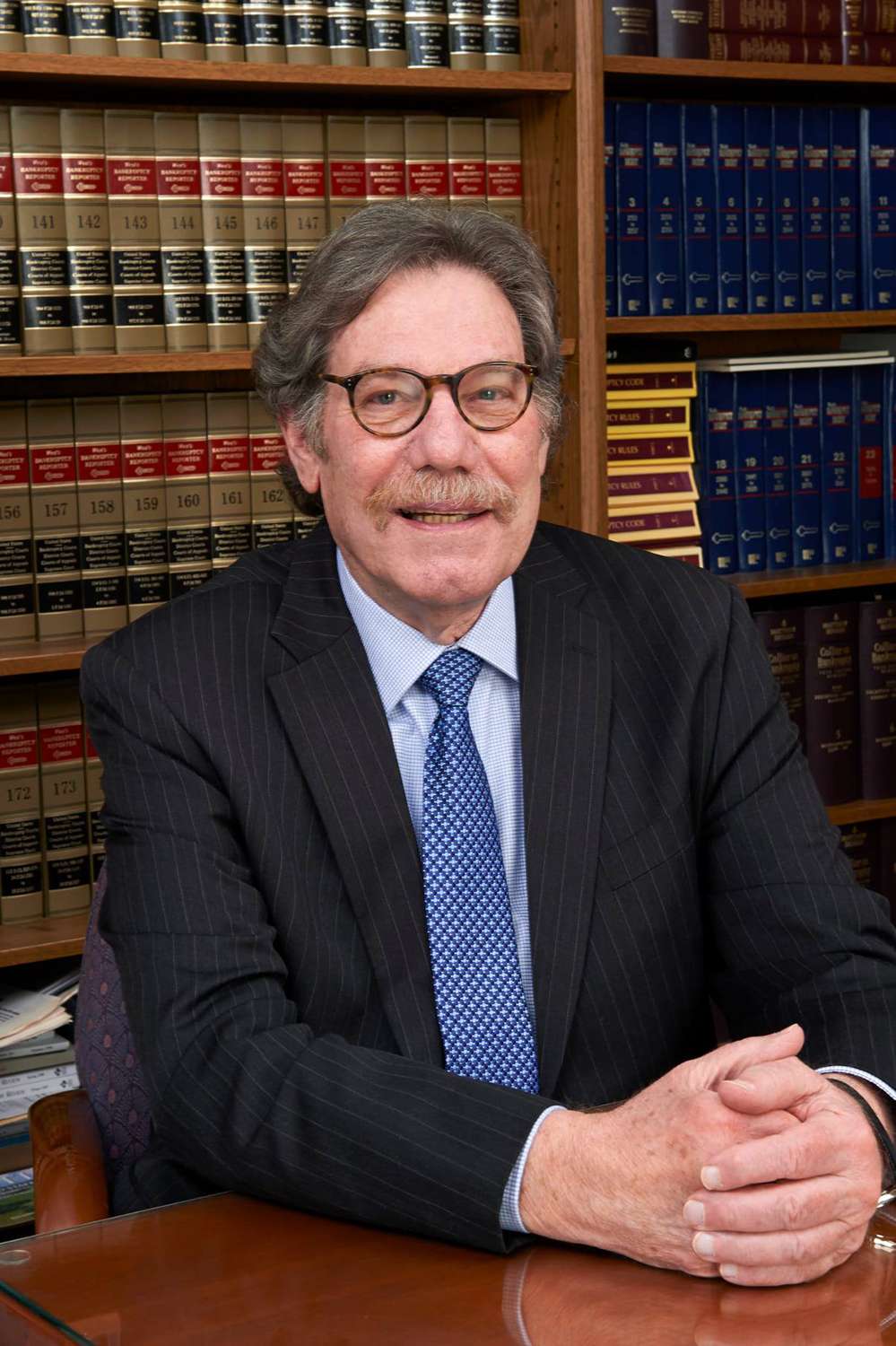Chapter 7 Bankruptcy

Chapter 7 bankruptcy is available for both individuals and businesses.
The commencement of a bankruptcy case creates a “bankruptcy estate” that is comprised of the debtor’s legal and equitable interests in property. The bankruptcy estate includes tangible and intangible property, debtor’s causes of action, property which is held by someone other than the debtor, inherited property, property acquired under a property settlement with a spouse, life insurance proceeds acquired within 180 days after filing of the petition, and all proceeds, products, offspring, rents, or profits of property of the estate.
In chapter 7 bankruptcy, property of the estate does not generally include any post-petition property or income acquired by the debtor.
In chapter 7 bankruptcy, a chapter 7 trustee is assigned to administer the case. The chapter 7 trustee is appointed on a random and rotating basis from a panel of private trustees maintained and supervised by the office of the United States Trustee.
A chapter 7 bankruptcy provides individuals with a fresh start, and businesses with a clean ending.
The chapter 7 trustee’s main duty is to monetize and liquidate the debtor’s assets to the extent permissible by law, and to then distribution the cash proceeds of that liquidation to creditors.
Notably though, in chapter 7 bankruptcy cases filed by individuals there are numerous legal and financial restrictions that prohibit a chapter 7 trustee from liquidating many of the debtor’s assets. And, in many chapter 7 cases filed by individuals there are no assets for the chapter 7 trustee to sell. In a “no asset” chapter 7 bankruptcy case, the debtor gets to keep all of their assets, and discharge all of their dischargeable debts.
In every bankruptcy case, the debtor must attend a “meeting of creditors.” In chapter 7 bankruptcy, the chapter 7 trustee presides at the meeting of creditors, and orally examines the debtor regarding, among other things, the acts, conduct, property, liabilities and financial affairs of the debtor.
In a chapter 7 bankruptcy filed by an individual, the debtor can achieve a fresh financial start by obtaining a chapter 7 discharge.Typically, this occurs about four months after the date the debtor files the bankruptcy case, after the time to object to discharge has passed.
A chapter 7 discharge relieves the individual debtor from personal liability to re-pay certain pre-petition debts.The discharge order also prohibits creditors from seeking to legally enforce or collect any debt that has been discharged.